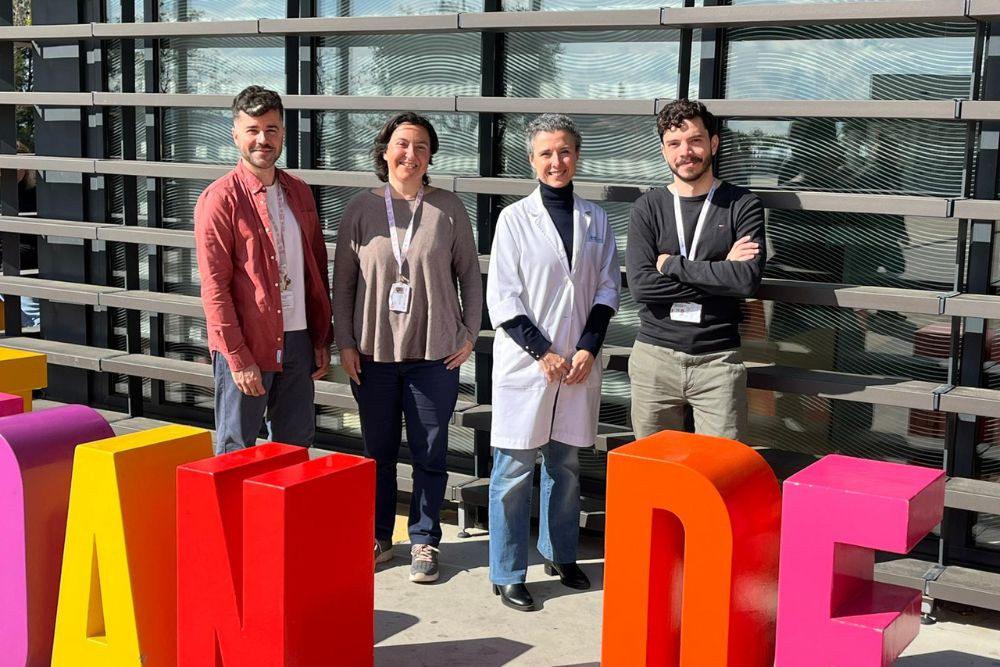
Researchers have discovered new pathogenic variants associated with TRAF7 syndrome

A recent study published in the scientific journal Pediatric Neurology provides new insights into the clinical, genetic, and pathophysiological aspects of TRAF7 syndrome, an ultra rare neurological and developmental disorder characterised by various clinical manifestations. The study was co-led by researchers from the Spanish Biomedical Research rare Disease Network (CIBERER) at the Sant Joan de Déu Research Institute (IRSJD) and the Hospital 12 de Octubre in Madrid.
TRAF7 syndrome, also known as CAFDADD (Cardiac, Facial, and Digital Anomalies with Developmental Delay), is caused by mutations in the TRAF7 gene, which encodes the TRAF7 protein. This protein plays a key role in several cellular signalling pathways, including NF-κB and MAPK pathways, which are crucial for cell survival, apoptosis (cell death), proliferation, and differentiation.
The research team studied 11 new cases of this disease and a comprehensive review of the scientific literature, including 58 previously reported cases. They identified 8 pathogenic variants (mutations that cause disease) and confirmed new cognitive dysfunctions. Some patients show normal development despite early psychomotor delay. Common issues include speech problems, autism spectrum disorders, hearing loss, sleep disorders, and endocrine abnormalities (such as growth hormone deficiency). The syndrome also presents characteristic facial features.
"These findings highlight the complexity and heterogeneity of CAFDADD syndrome related to TRAF7, emphasising the importance of comprehensive and multidisciplinary clinical evaluations for each affected patient. Additionally, evidence-based guidelines for the clinical management of patients with this syndrome are proposed. These guidelines include recommendations for regular medical assessments, specific therapeutic interventions, and long-term follow-up to monitor disease progression and prevent potential complications," stated the clinical team involved in the study.
The results of this study will contribute to a better understanding of this rare disease and improve medical care and clinical management for affected patients.
*Source: Identifican nuevas variantes patogénicas asociadas al síndrome ultrarraro TRAF7
